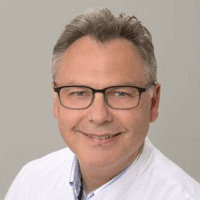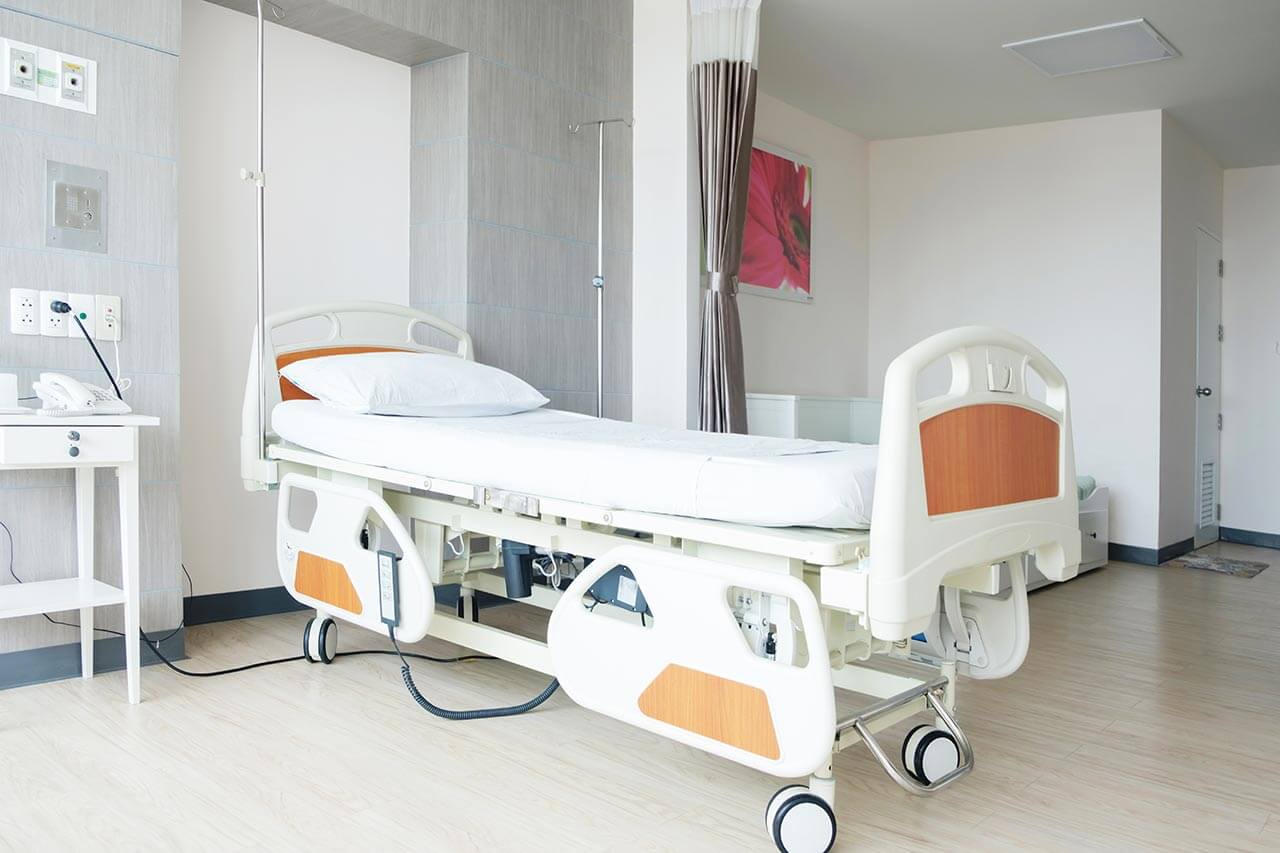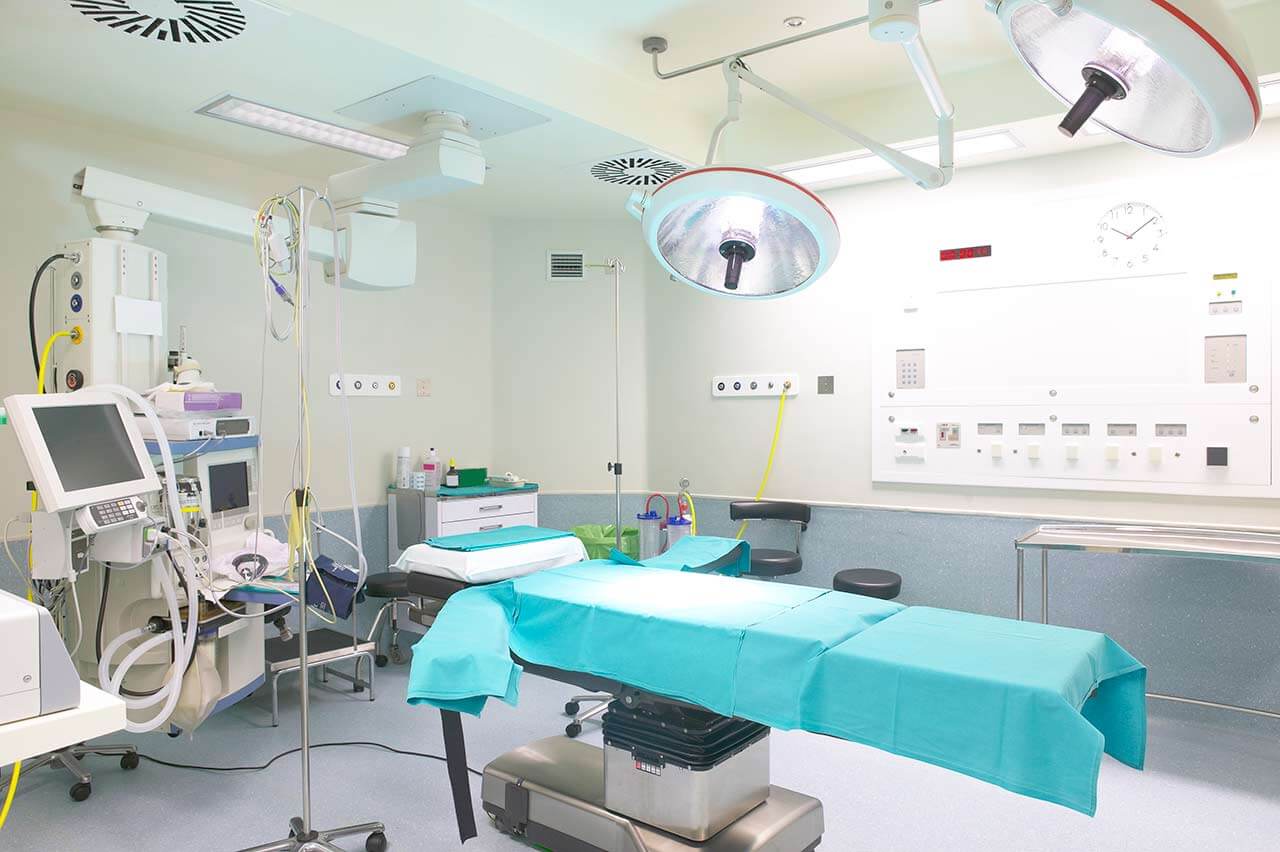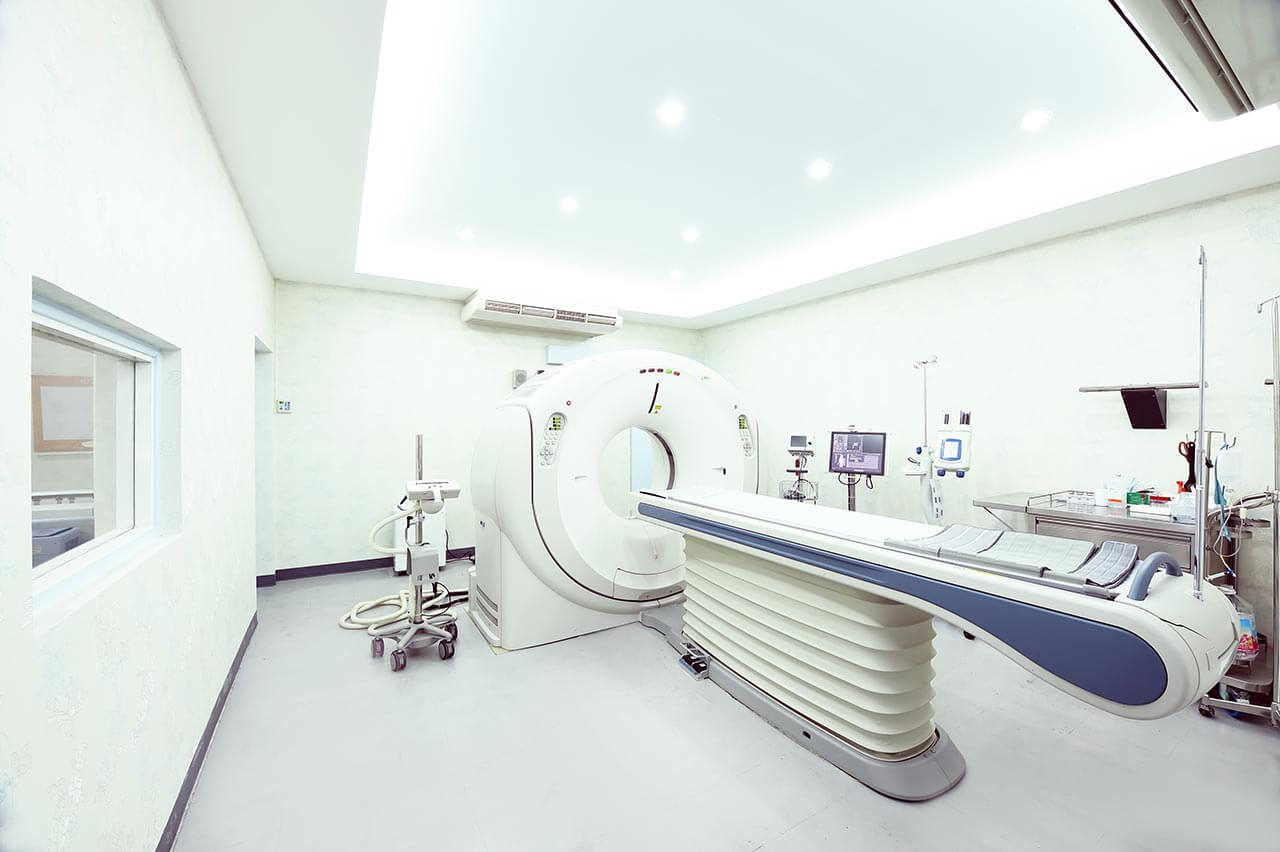
The program includes:
- Initial presentation in the clinic
- clinical history taking
- review of medical records
- physical examination
- laboratory tests:
- complete blood count
- general urine analysis
- biochemical analysis of blood
- inflammation indicators (CRP, ESR)
- indicators of blood coagulation
- tumor markers (CEA, CA19-9, CA125)
- CT planning of radiation therapy
- full course of conventional radiation therapy or brachytherapy
- chemotherapy (6 cycles), the cost of medicines is included
- symptomatic treatment
- cost of essential medicines and materials
- nursing services
- control examinations
- consultations of related specialists
How program is carried out
During the first visit, the doctor will conduct a clinical examination and go through the results of previous laboratory tests and instrumental examinations. After that, you will undergo an additional examination, including complete blood count, laboratory assessment of liver and kidney function. Based on the received results, the physician will elaborate the chemotherapy regimen, conduct radiotherapy planning with the help of CT or MRI, make the permanent tattoo marks on the skin and conduct CT simulation in order to assess the accuracy of the rays and the radiation dose. If necessary, related medical specialists will be involved in the elaboration of a treatment regimen (tumor board).
Chemotherapy and radiation therapy are carried out as the day hospital procedure, without mandatory admission to the hospital. At each visit, the physician will assess your general condition and the marks on the skin. After that, you will be placed in a shielded radiation therapy room, on a special table.
Each radiation therapy session lasts less than half an hour (including preparation). All this time, doctors and nurses are monitoring your condition, you can communicate with them through a loudspeaker. The procedure is completely painless. Depending on the planned course of treatment, you will visit the hospital from 1 to 3-5 times a week.
During the chemotherapy session, after the placement of a venous catheter, you will stay in a comfortable ward. An infusion system will be connected to the catheter, through which the required drug or a drug combination will be administered. All drugs are administered by intravenous drip, slowly, so the total duration of the infusion can be up to several hours. All this time, doctors and nurses will monitor your health condition closely.
After the completion of the chemotherapy and radiation therapy course, you will undergo control examinations aimed at assessing your condition and efficacy of treatment. After that you will receive the medical report with detailed recommendations regarding further follow-up and treatment. In the future, you will be able to have a distant consultation with your attending physician and schedule the next course of treatment, if necessary.
Required documents
- Medical records
- MRI/CT scan (not older than 3 months)
- Biopsy results (if available)
Service
You may also book:
 BookingHealth Price from:
BookingHealth Price from:
About the department
The Department of Hematology and Oncology at the St. Antonius Hospital Eschweiler provides the full range of medical services in the areas of its competence. The department specializes in the diagnostics and treatment of benign and malignant diseases of the hematopoietic system, as well as solid tumors of various localization. The department's doctors focus on the patients with acute and chronic leukemia, malignant lymphomas, malignant tumors of the gastrointestinal tract, lungs, breast, female reproductive organs, prostate gland, soft tissues and bones. The patients with advanced cancer are offered high quality palliative care to relieve pain and improve their quality of life. The Chief Physician of the department is PD Dr. med. Peter Staib.
The department regularly holds interdisciplinary tumor boards with the participation of oncologists and doctors from related medical specialties. These tumor boards serve for considering each clinical case individually and careful planning of the subsequent treatment. When developing a treatment regimen, the doctors take into account all the slightest clinical aspects, which guarantees a successful treatment outcome. In addition, the department's doctors take part in many national and international research projects. Therefore, in addition to classical treatment methods, they can offer the very latest drugs and therapeutic methods, which have proven their high efficiency during clinical trials.
The department has excellent technical equipment for making an accurate diagnosis, determining the stage of the oncological process, localizing the tumor, the presence or absence of metastases and obtaining other important clinical data, on the basis of which the specialists develop an individual treatment regimen for each patient. The therapeutic procedures are appointed in strict accordance with current clinical protocols. When planning treatment, the recommendations of the German Society of Hematology and Oncology, as well as the German Cancer Society are also taken into account. The department's doctors are always open to personal communication with the patients and their relatives, as well as support patients on their way to recovery in every possible way. Whenever required, experienced psychologists can also be involved in the therapeutic process.
The department's medical team has at its command a variety of advanced treatments, which help effectively fight cancer and achieve good treatment outcomes even in particularly complex clinical cases, which are considered hopeless by the specialists in other medical facilities. The department's doctors successfully use innovative chemotherapy regimens, drug therapy with modern anticancer drugs, including immunotherapy, antibody therapy, antihormone therapy, radiation therapy, etc. The surgical treatment is provided in collaboration with highly qualified surgeons. The department's competence does not include bone marrow transplantation, but the doctors prepare the patients for this procedure and offer high-quality specialized patient care after it.
The department offers both diagnostics and treatment of the following diseases:
- Hematology
- Malignant diseases
- Acute and chronic leukemia
- Hodgkin's lymphoma
- Non-Hodgkin's lymphoma
- Myelodysplastic syndrome
- Myeloma
- Benign diseases
- Bleeding disorders
- Anemia
- Thalassemia
- Thrombocytopenia
- Polycythemia
- Hemophilia
- Malignant diseases
- Oncology
- Malignant gastrointestinal tumors (gastric, colon, esophageal, pancreatic cancers, etc.)
- Malignant tumors of the lungs and other thoracic organs
- Malignant tumors of the female reproductive organs (cervical, ovarian, vulvar cancers, etc.)
- Malignant head and neck tumors
- Malignant soft tissue and bone tumors
- Breast cancer
- Prostate cancer
- Other diseases
The department's range of therapeutic services includes:
- Chemotherapy (both on an inpatient and outpatient basis)
- Drug therapy with modern anticancer drugs, including immunotherapy
- Antibody therapy
- Anti-hormonal therapy
- Radiation therapy
- Treatment with innovative drugs, which have proven their effectiveness during the clinical trials, including treatment within clinical trials (at the patient's request)
- Preparation for bone marrow transplantation and follow-up care
- Palliative care
- Pain therapy
- Diet therapy
- Psychological care
- Other medical services
Photo of the doctor: (c) St.-Antonius-Hospital
About hospital
According to the prestigious Focus magazine, the St. Antonius Hospital Eschweiler ranks among the top medical facilities in North Rhine-Westphalia!
The hospital is a modern medical complex with 13 specialized departments. The hospital has more than 165 years of history, so it has long won an excellent reputation not only in Germany, but also in the European medical arena. In addition, the medical facility has the status of the Academic Hospital of the RWTH Aachen University, thanks to which it can offer patients the very latest and unique medical advances. The highly qualified medical staff of the hospital, consisting of more than 1,300 employees, is focused on high-quality medical services with due consideration of the personal needs and wishes of patients
The medical complex has 443 beds. More than 15,000 inpatients undergo diagnostics and treatment on an inpatient basis, while about 25,000 patients receive ambulatory medical care. The specialists of the hospital often provide diagnostic services and treatment to the patients from foreign countries.
The main areas of clinical practice of the medical facility include oncology, hematology, general and abdominal surgery, plastic surgery, hand surgery, vascular surgery, internal medicine, gynecology, urology and radiation oncology. Each area is represented by an experienced team of doctors and specially trained nursing staff, whose task is to provide the accurate diagnostics and the most effective treatment. The work of the medical staff is based on the use of modern technical resources, as well as classic and innovative treatment methods. The doctors from different medical specialties cooperate closely with each other, so the slightest details and characteristics of the patient's body are taken into account when planning and providing treatment. In addition, the medical staff is always open to personal communication with the patients, strives for their moral support on their way to recovery and surrounds them with care.
The outstanding achievements of the hospital and high treatment success rates are confirmed by the quality certificates of the German Cancer Society, the German Cardiac Society, the German Society of Vascular Surgery, the German Society of Hematology and Medical Oncology and the German Trauma Society. In addition, according to the famous Focus magazine, the hospital is recognized as one of the best medical centers in Germany specializing in the treatment of breast cancer, prostate cancer and cardiovascular diseases.
Photo: (с) depositphotos
Accommodation in hospital
Patients rooms
The patients of the St. Antonius Hospital Eschweiler live in cozy and light rooms. All the patient rooms are well equipped to make the patient feel as comfortable as possible throughout the entire period of hospital stay. The patient room includes an automatically adjustable bed, a bedside table, a wardrobe, a TV and a telephone. Each patient room has an ensuite bathroom with shower and toilet. Some patient rooms have specially designed bathrooms for disabled people. The patient rooms also have Wi-Fi.
If desired, the patient with his accompanying person can live in the enhanced comfort room. These patient rooms are additionally equipped with upholstered furniture, a mini fridge and a safe for storing valuables.
Meals and Menus
The patient and his accompanying person are offered tasty and healthy three meals a day: breakfast, lunch and dinner. Breakfast and dinner are served buffet style, while for lunch there is a choice of three set menus. If for some reason you do not eat all the foods, you will be offered an individual menu.
The hospital also has a cozy cafe with a large choice of salads, main courses, pizza, cakes and ice cream. Here you can enjoy aromatic coffee, delicious tea or soft drinks.
Further details
Standard rooms include:
Religion
The religious services are available upon request.
Accompanying person
During the inpatient program, the accompanying person can live with the patient in a patient room or a hotel of his choice. Our managers will help you choose the most suitable option.
Hotel
During the outpatient program, the patient can stay at the hotel of his choice. Our managers will help you choose the most suitable option.




